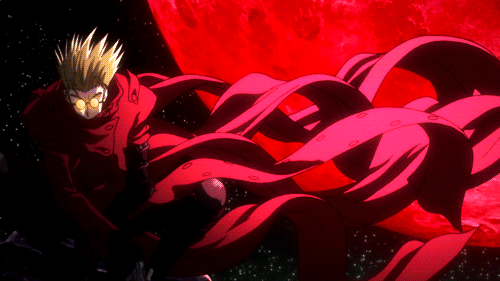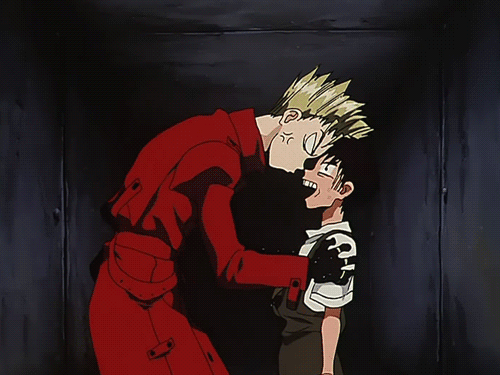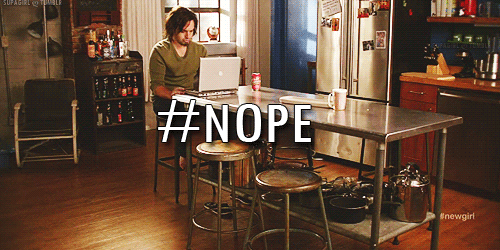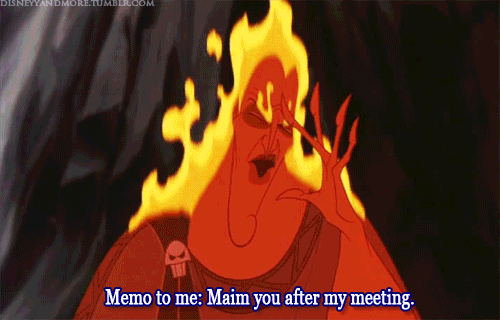Yep, at midnight tonight, 2014 comes to an end! So its only fitting, I think, to review my year. And, as it stands, its been one for the books.
This time last year, I sat at dinner with my parents, talking about New Years resolutions. My resolution was to finally get an agent. It was less than one month later that I got the call from my fabulous agent, Laura Zats. And a few weeks later, I officially signed with her.
It was a dream come true, and I happily would have called this year a win if that was the only thing that happened. But there were so many more surprises in store.
In the spring of this year, I finished my first year of college at Coe. During this time, my friend group in college truly cemented itself. In the first semester we were still all feeling our way around the new place, and though we hung out, it wasn't quite official yet. Now we're stuck together like glue, and I'm so grateful for them. I was also able to snag a roll in my college musical in the spring and it was one of my favorite shows I've ever been in.
Over the summer, I went on an Alaskan cruise with my family. There were twenty three of us in all and the company was as incredible as the view. I'm so fortunate to have gone on such an amazing venture with all of them. And as a bonus, the food was incredible.
I started my second year of college in the fall. With that came my most productive writing season and I wrote the sequel to HOUR OF MISCHIEF and rewrote my first ever book. To make things even better, I got another call from my agent, this time about an offer on my book.
This was a call I hadn't been expecting so soon. A call that I expected never to come even. I was so overwhelmed with happiness I could only say eloquent words such as 'oh my god' and 'wow' over and over again. One month later, I had officially signed with Curiosity Quills Press.
The year wrapped up with another wonderful Christmas with my family and a much needed break from school. And there are so many incredible things to look back on. Friendships that have grown closer, family time well spent, amazing vacations and, of course, a giant leap forward in my dream of being a published author.
On Friday, I'll be looking ahead to my goals for the new year. But until then, here's to 2014, a year to remember!

I started my second year of college in the fall. With that came my most productive writing season and I wrote the sequel to HOUR OF MISCHIEF and rewrote my first ever book. To make things even better, I got another call from my agent, this time about an offer on my book.
This was a call I hadn't been expecting so soon. A call that I expected never to come even. I was so overwhelmed with happiness I could only say eloquent words such as 'oh my god' and 'wow' over and over again. One month later, I had officially signed with Curiosity Quills Press.
The year wrapped up with another wonderful Christmas with my family and a much needed break from school. And there are so many incredible things to look back on. Friendships that have grown closer, family time well spent, amazing vacations and, of course, a giant leap forward in my dream of being a published author.
On Friday, I'll be looking ahead to my goals for the new year. But until then, here's to 2014, a year to remember!















